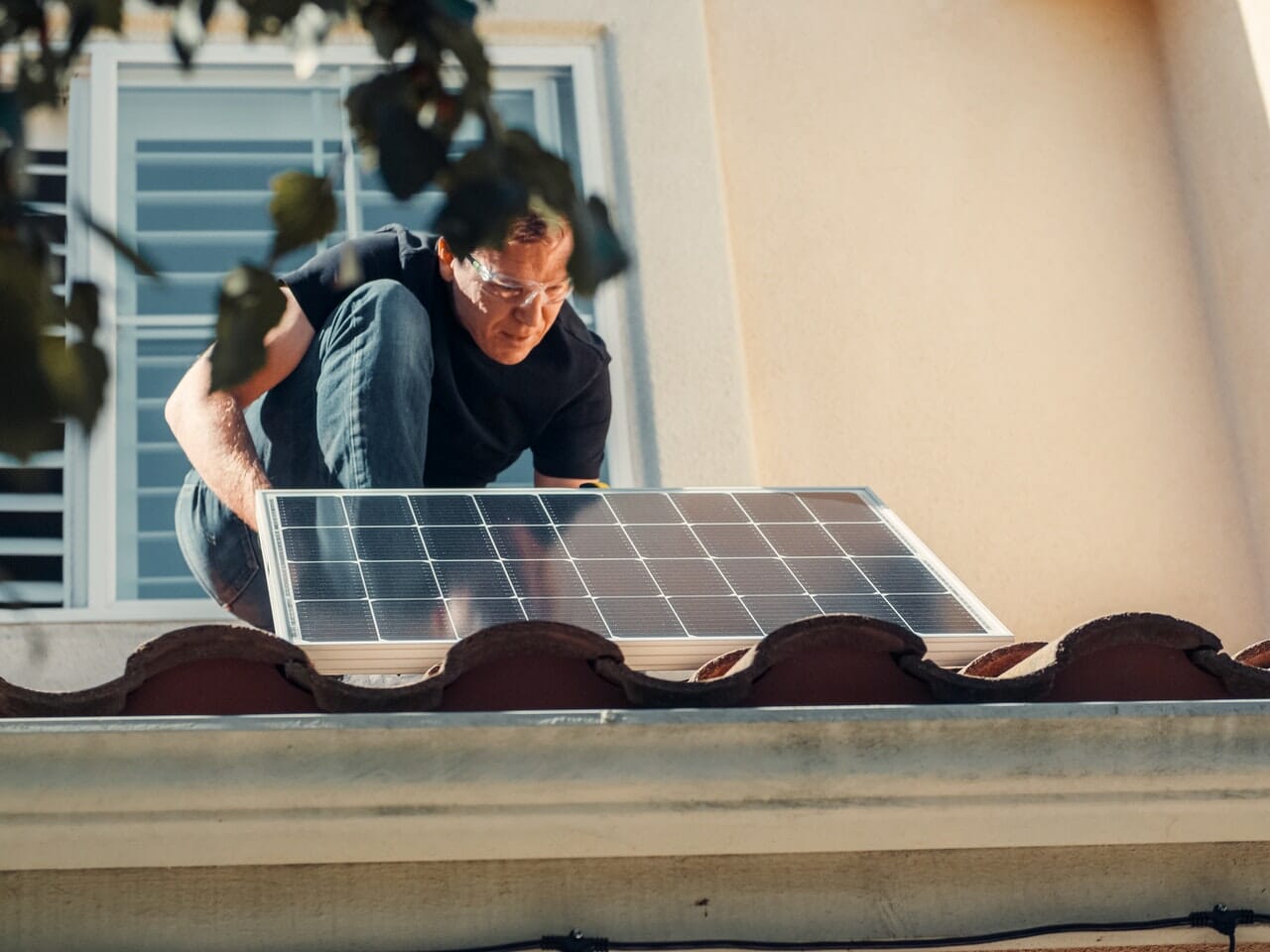Many homeowners and many in the housing market are choosing to go green by opting to use solar, becoming more energy efficient and investing in sustainability. Arizona is a perfect climate for solar, which is the most popular choice. The state gets sunshine for nearly 290 days out of the year, so it makes sense to generate your own electricity from the sun. Solar energy is cleaner and more efficient and helps to reduce the reliance on fossil fuels.
READ ALSO: Ranking Arizona: Top 10 best places to live for 2022
According to the Solar Energy Industries Association, the cost to install solar has dropped by more than 60% over the last decade, making it accessible to more homeowners. Plus, the Federal Solar Tax credit provides a 26% tax credit for systems installed between 2020 and 2022. In addition, there may be other incentives Arizona is offering on solar.

As a realtor, I always recommend homeowners consider the terms of the lease over time. Although there may be no upfront costs, if the lease continues to rise considerably over the lease term, that might not be a good choice. Solar companies may advertise that solar increases your home’s value, however it depends on the lease terms and how long you intend to live in the home. It is also important, when selling, to paint a clear picture of the future energy savings to the new buyer.
Energy efficiency is becoming more and more important to homeowners. People are continually looking at ways to reduce costs, reduce their carbon footprint and make a positive impact on the environment. There are many ways to retrofit existing homes like installing low-flow water faucets, energy-efficient light bulbs, and programmable thermostats. You can also add extra installation in the attics, and air seal the entire home. High efficiency appliances, furnaces and triple-pane windows also contribute to a home’s sustainability.
Builders are also using third-party home certifications such as the Home Energy Rating System Index to rate the homes overall efficiency. The lower the HERS rating, the more energy efficient the home. A lower rating also translates to reduced utility costs, increased thermal comfort, lower maintenance costs, and higher market appraisal value. It also creates a healthier indoor air quality with fewer moisture problems, and a more durable home through improved building techniques and materials.
Most new home builders are constructing with green principles in mind, knowing that consumers value energy efficiency, quality systems and non-toxic products. A whole-building approach leads to greater comfort for occupants, long term savings and myriad environmental benefits.
Annette Dalton has been an agent with RE/MAX Fine Properties since 2021, and a full-time Realtor since 2003. She is currently the Arizona RRC State President and a member of the Arizona Board of Directors. She is highly involved in her community through local events and charities to include St. Vincent de Paul, Arizona Humane Society, The Autism Nation, St. Mary’s Food Bank, Raising Arizona’s Men and Living Hope Cancer Foundation. Annette is dedicated to providing exceptional service to her clients in hopes of making them a lifetime client. Her designations include ABR (Accredited Buyer’s Representative), CRS (Certified Residential Specialist), NAR’s Green Designation, e-Pro (Real Estate Technology), and CNE (Certified Negotiation Expert).




